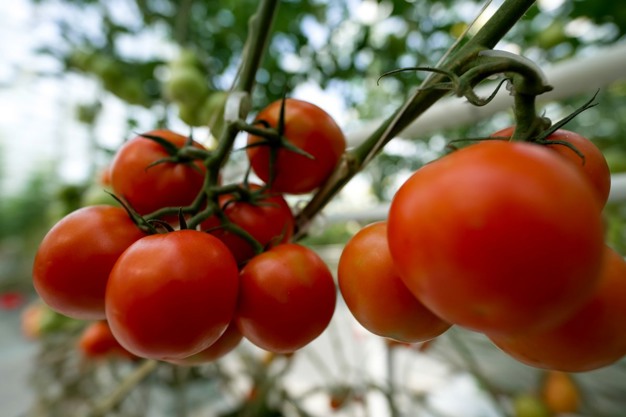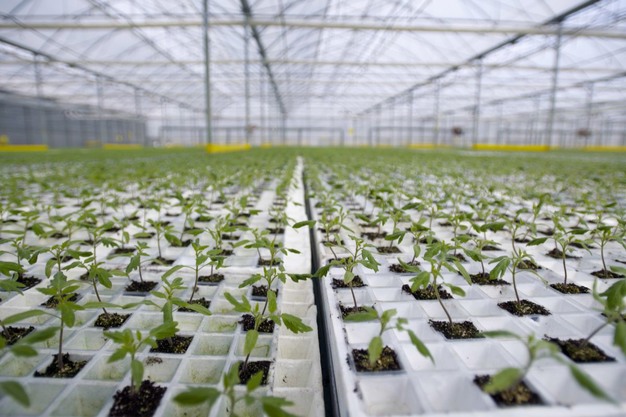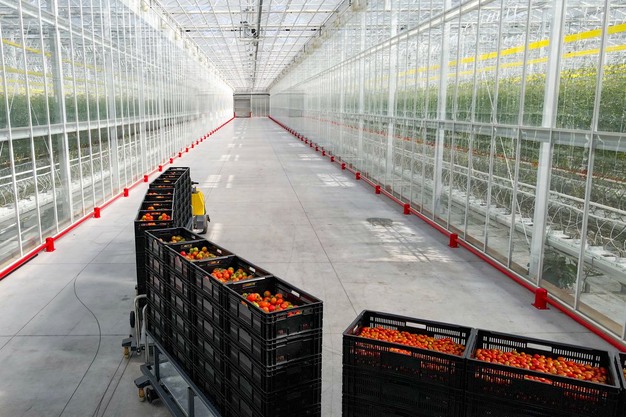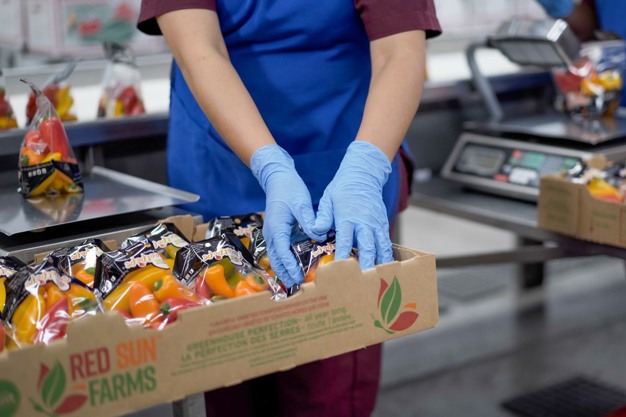There's probably not a single produce company that doesn't use the word 'sustainability' in their mission, vision, or objectives. However, what does sustainability mean? Is it just a trendy word or does it truly have substance? And how is sustainability expected to evolve in the coming years?
"Sustainability is no longer a trend but a fundamental approach to operations," says Harold Paivarinta with Red Sun Farms, VP Sales and Business Development. He believes it will become even more integral to how business is conducted. For the coming years, the company predicts to see significant advancements in managing resources at the greenhouse level, as well as the development of new materials for packaging, increased efficiencies in transportation, and improved management of materials in recycling facilities. In addition, Paivarinta expects retailers and growers will work together to measure the environmental footprint and monitor year-over-year improvements, holding each other accountable. "Sustainability is deeply embedded in the DNA of the agricultural industry and this collaborative effort will drive continuous innovation and progress," he believes.
With tangible examples, the company explains how they currently operate in the most sustainable way. "Our value proposition is Seed to Plate," Paivarinta said. "We pride ourselves in owning every step of the process, from seed selection, propagation at the farms, greenhouse operations, harvesting, packing, to distribution." In this entire process, the company is committed to sustainable, environmentally friendly farming practices, ensuring that the end product is not only grown in a responsible way, but also fresh, flavorful, and nutrient-rich.

Seed selection
It all starts with seed selection. "We meticulously choose seeds that are not only optimized for our advanced greenhouse growing conditions, including yield, disease resistance, quality and flavor, but also contribute to sustainable agriculture." By prioritizing seeds that promote robust growth, disease resistance, and optimal efficiency in the greenhouse, the company ensures that its greenhouse practices are environmentally friendly from the very start and minimize unnecessary waste of growing resources.

Propagation
The next step in the process is propagation. Eco-friendly practices are employed to nurture seedlings, ensuring they develop into strong, healthy plants. By optimizing water usage, and minimizing waste, we create an environment where young plants can thrive sustainably. "Our propagation methods not only support the health of our crops, but also protect local resources," Paivarinta commented.
Cultivation / Harvesting
Throughout the growing season, pruning of the plants ensures that only the highest quality produce is selected, which helps minimize food waste right in the greenhouse. "This approach not only guarantees that our customers receive the best possible products, but also supports our commitment to reducing waste and conserving resources. By focusing on quality and efficiency throughout our operations, we are able to deliver fresh, and nutritious produce."
Greenhouses have a lower environmental impact than traditional growing methods. In addition, they produce higher yields per acre, ensuring demand is being met efficiently. "We utilize recycled water and nutrients, significantly reducing our resource footprint." To manage pests sustainably, beneficial bait plants and "good bugs" are employed as part of Red Sun Farms' Integrated Pest Management (IPM) process. These processes not only enhance the health and quality of the crops, but also protect and preserve the environment for future generations.

Packing, shipping, handling, and delivery
Eco-friendly packaging materials are utilized, and the company is seeing the benefits of recyclable and compostable materials in plastic films and rigid containers as well as advancements in fiber technology, and the use of alternative materials that are more environmentally friendly. When it comes to logistics, Red Sun Farms aims to reduce carbon emissions. "By implementing efficient routing and consolidating shipments, we minimize our environmental footprint while ensuring that our produce arrives fresh and in peak condition."

"Our dedication to sustainable practices in every step of our supply chain reflects our mission to deliver high-quality products responsibly and support a healthier planet for future generations," Paivarinta finished.
 For more information:
For more information:
Harold Paivarinta
Red Sun Farms
Tel: 519.733.3663 ext. 226
[email protected]
www.redsunfarms.com
